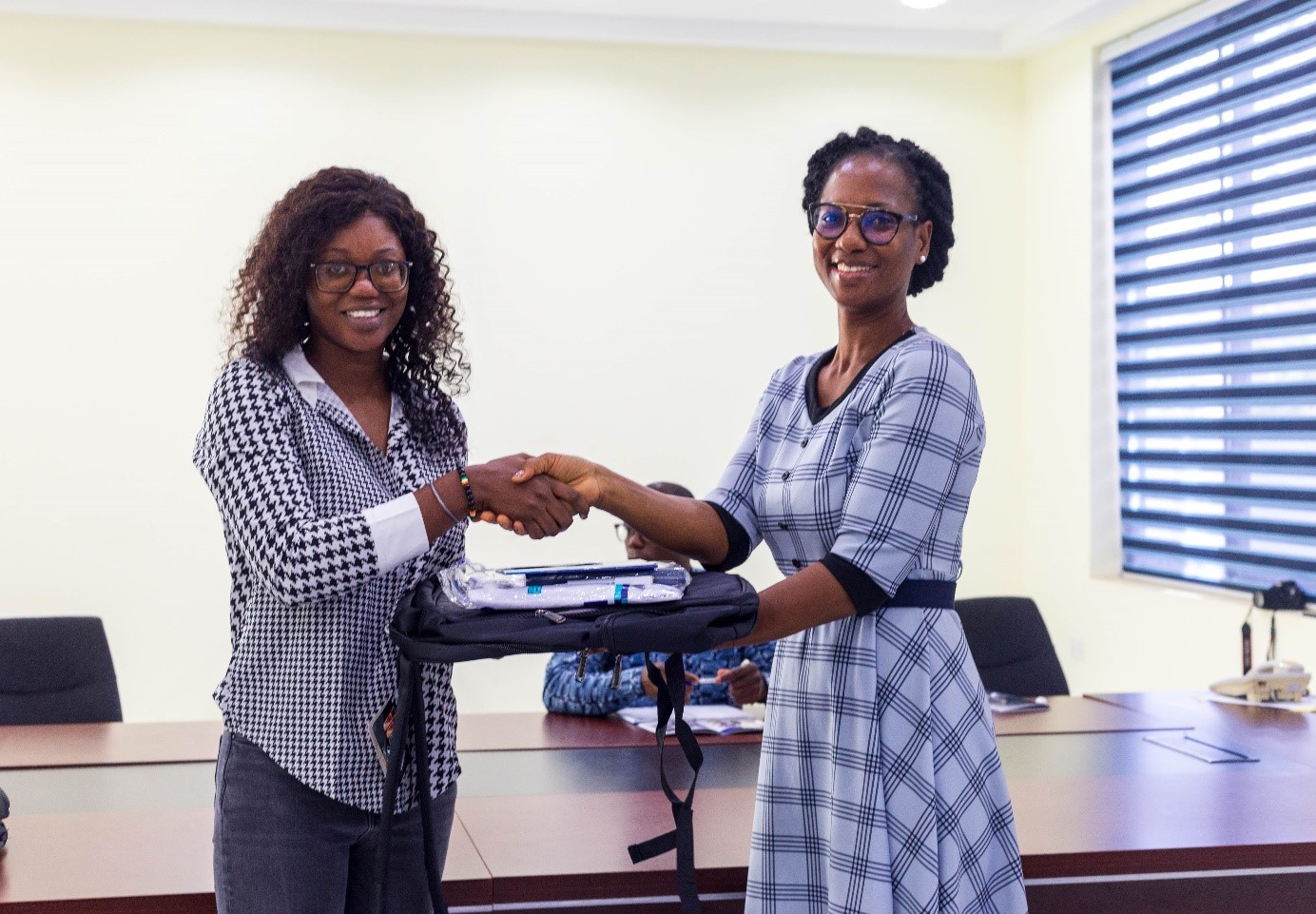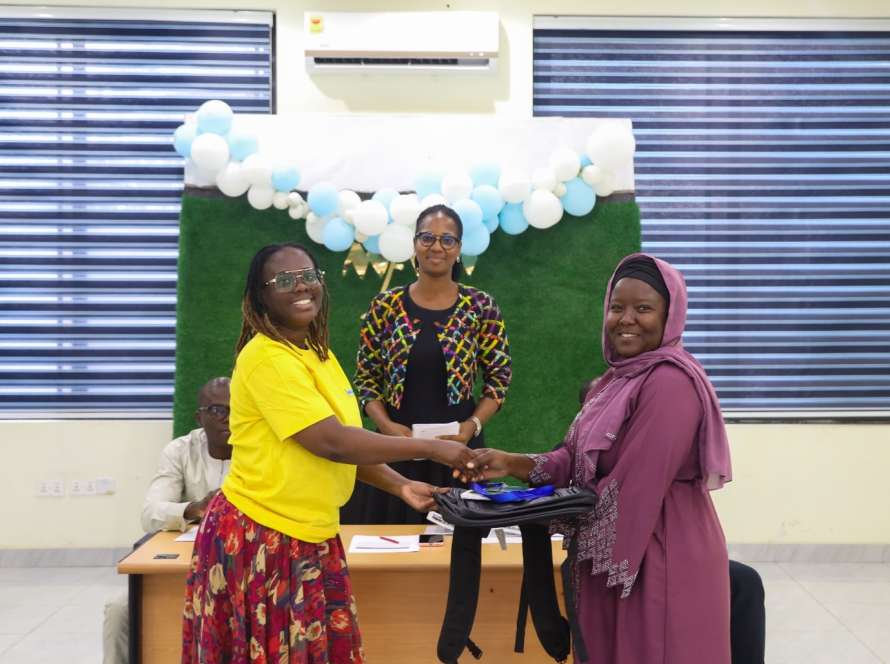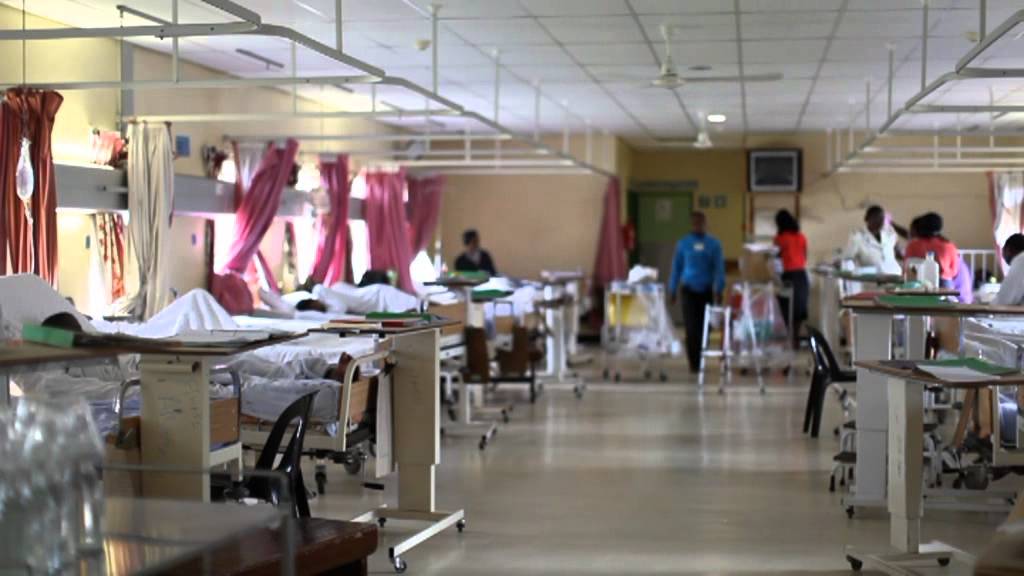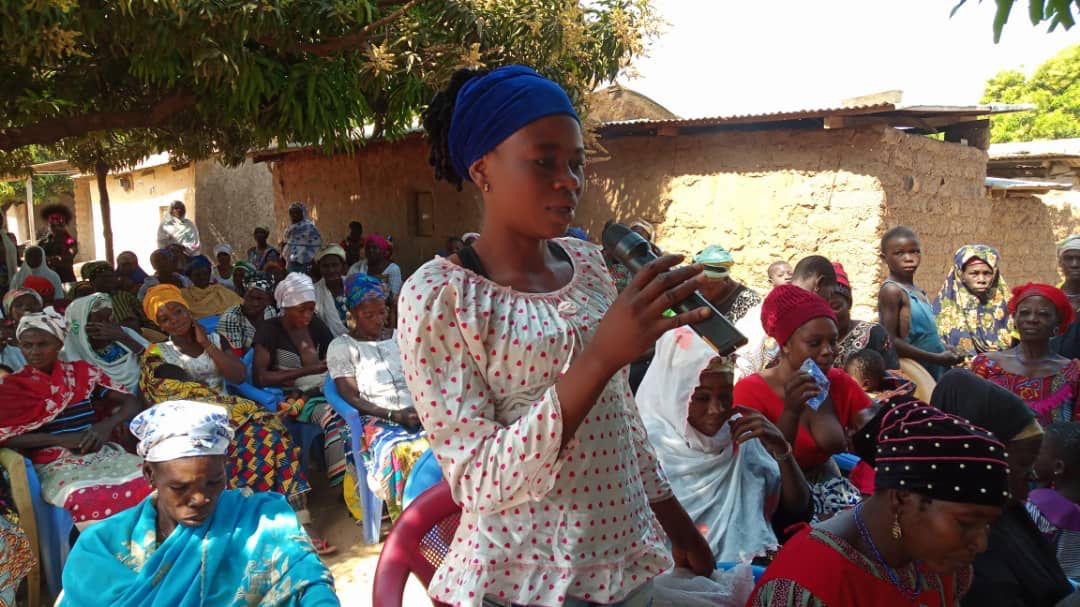Since November 2023, state agencies in Senegal have been transferring data in their possession to a national storage centre purposely built for the safekeeping of public data. The rehousing is in keeping with a policy to organize citizens’ data into a safe, reliable and readily accessible pool for national development planning.
This policy came into force in 2021 when the government built a data centre at Diamniado, a town 32 kilometres from the national capital, Dakar. However, state agencies had not been complying with transferring data to the centre until a journalist put their noncompliance into focus with an award-winning story.
That journalist is Fana Cisse, a reporter with Senegal-based PressAfrik. Her story, which jolted the state agencies into compliance is; “Souveraineté numérique du Sénégal: le vrai, le faux, le flou du Datacenter de Diamniadio (Enquête).” It loosely translates as “Senegal’s Digital Sovereignty: The True, the False, the Blur of the Diamniadio Datacenter (Survey).” It was one of six stories that Fana had filed as part of a three-month Fellowship on Digital Public Infrastructure (DPI), hosted by the Media Foundation for West Africa (MFWA), with funding from Co-Develop.
Award-winning story
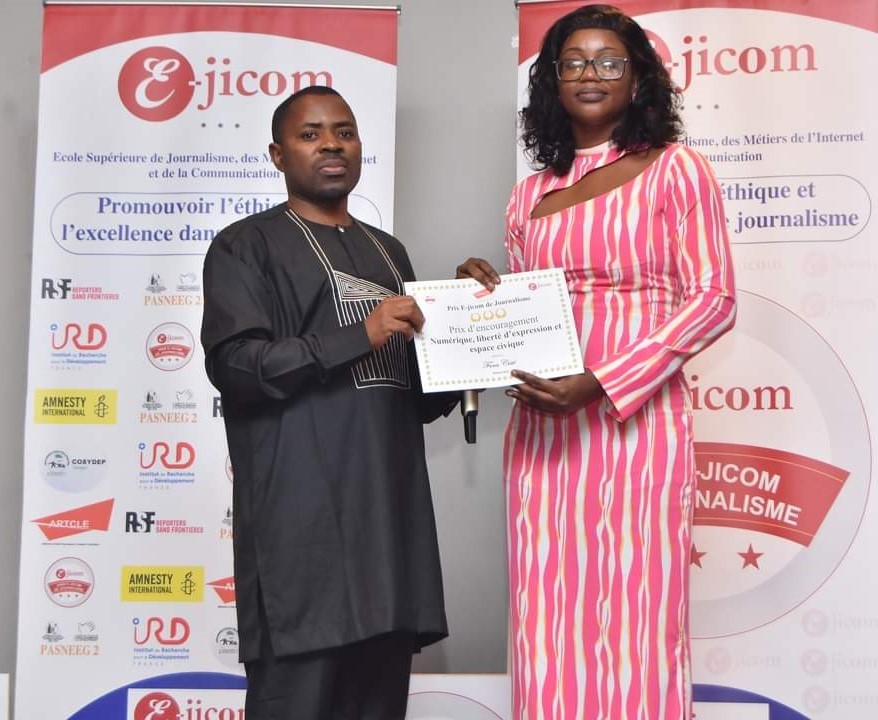
It shone light on the fact that though Senegal had put up the Diamniado data centre to enhance the integrity of the country’s data rather than leave it in the possession of foreign entities, state agencies who were required to transfer data in their possession to that centre were not complying.
This non-compliance did not only make the Damniado data centre a white elephant but also put the data at risk of being leaked or stolen because the state institutions keeping them did not have data storage facilities that were secure enough.
The story has since pressured state agencies to comply with the law, with the Ministry of Health said to have transferred upwards of 80% of data in its possession to the centre as at January 2024. Another institution that has been noticeably compliant is the national rail transport company, SENTER.
On December 16, 2023, the story won an award at the sixth edition of the E-jicom Journalism Awards, specifically, the ‘Digital, Freedom of Expression and Civic Space’ category, sponsored by civil society organization, Article 19.
Life changing story

The story has since also led to Fana being invited by the Senegalese authorities to take part in a debate on digital sovereignty.
She has also gotten the opportunity to work with civil society organization, Jonction, which focuses on digital life, to design and propose digital solutions as part of Forum on Information and Democracy African tour on AI. Fana is also frequently invited to workshops organized by civil society organisations to advocate for digital issues.
Recently, she was selected as one of the monitors who contributed to the production of the ONNI report (Observatoire ouvert des Interférences sur les reseaux), a global community measuring Internet Censorship with focus on social media blackouts and network disruptions in times of political upheavals.
Digital Public Infrastructure (DPI) Fellowship
Fana’s commendable feat is a result of her participation in the MFWA’s maiden Fellowship on DPI. Hosted in Accra, Ghana, from September 2023 to December 2023 (with post Fellowship activities ending in March 2024), the Fellowship was purposed to inculcate a culture of critical and in-depth journalism on the adoption of DPI as means of public service delivery by African governments. Focus on DPIs has become necessary because as governments adopt and deploy them for public service delivery, there have been concerns that the most marginalized in society stand serious risk of not benefitting from the DPI.
Even though the MFWA already has a tradition of hosting Fellowships for journalists under its Next Generation Investigative Journalism (NGIJ) Fellowship programme, the Fellowship on DPI was the first of its kind.
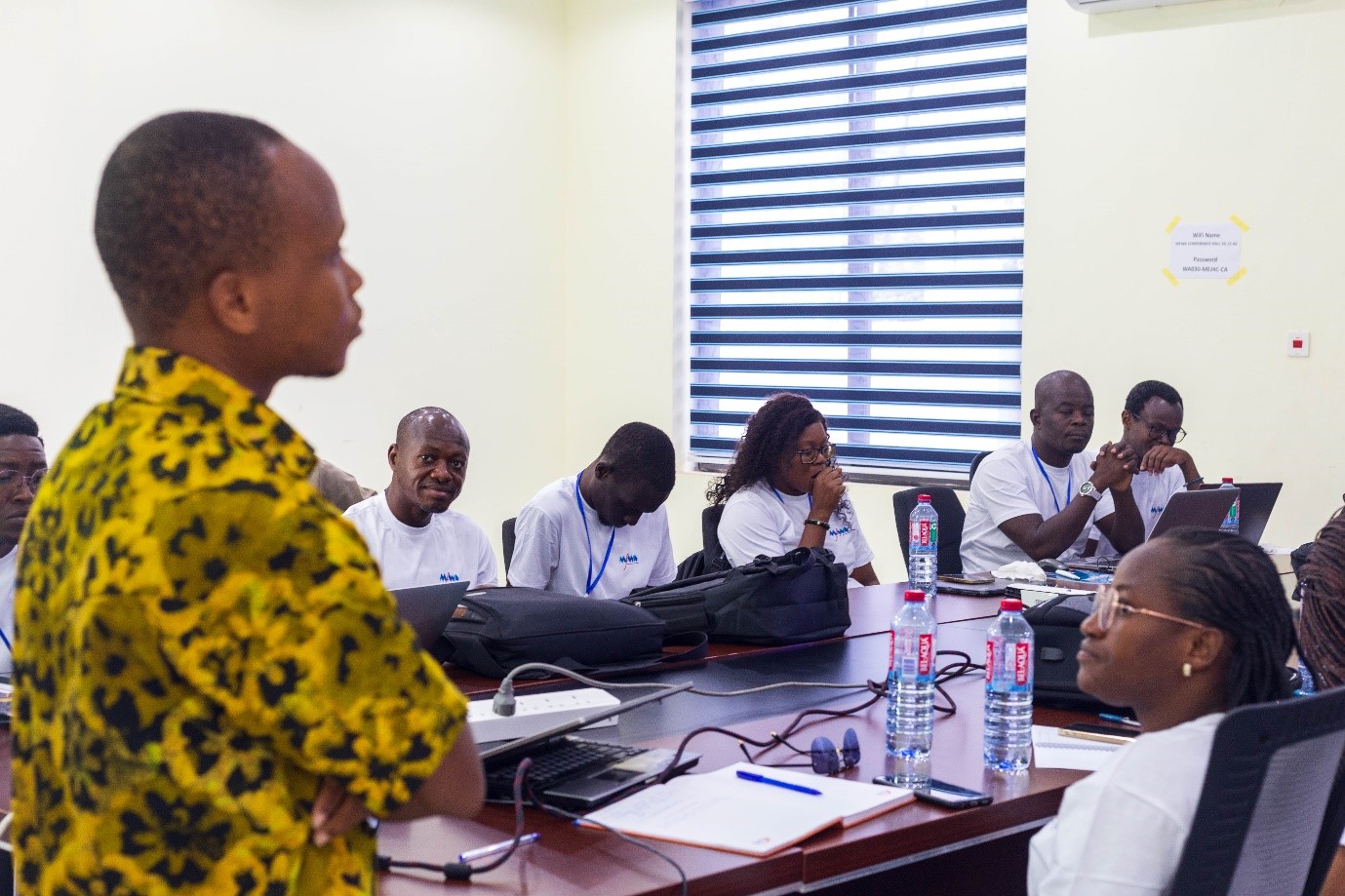
MFWA published a call for applications for journalists from ten West African countries to apply for the opportunity to learn in-depth reporting skills on DPI. Three hundred applications were received, with Fana being one of the applicants who went through the process and emerged as one of the 20 applicants who made the final selection for the Fellowship.
Subsequently, the Fellows received intensive training and mentoring in DPI reporting. For project deliverables, each Fellow was required to write six in-depth articles on DPI in their respective countries after the Fellowship. The award-winning story on the Diaminiado data centre was one of the six that Fana filed.
Other stories on DPI by Fana
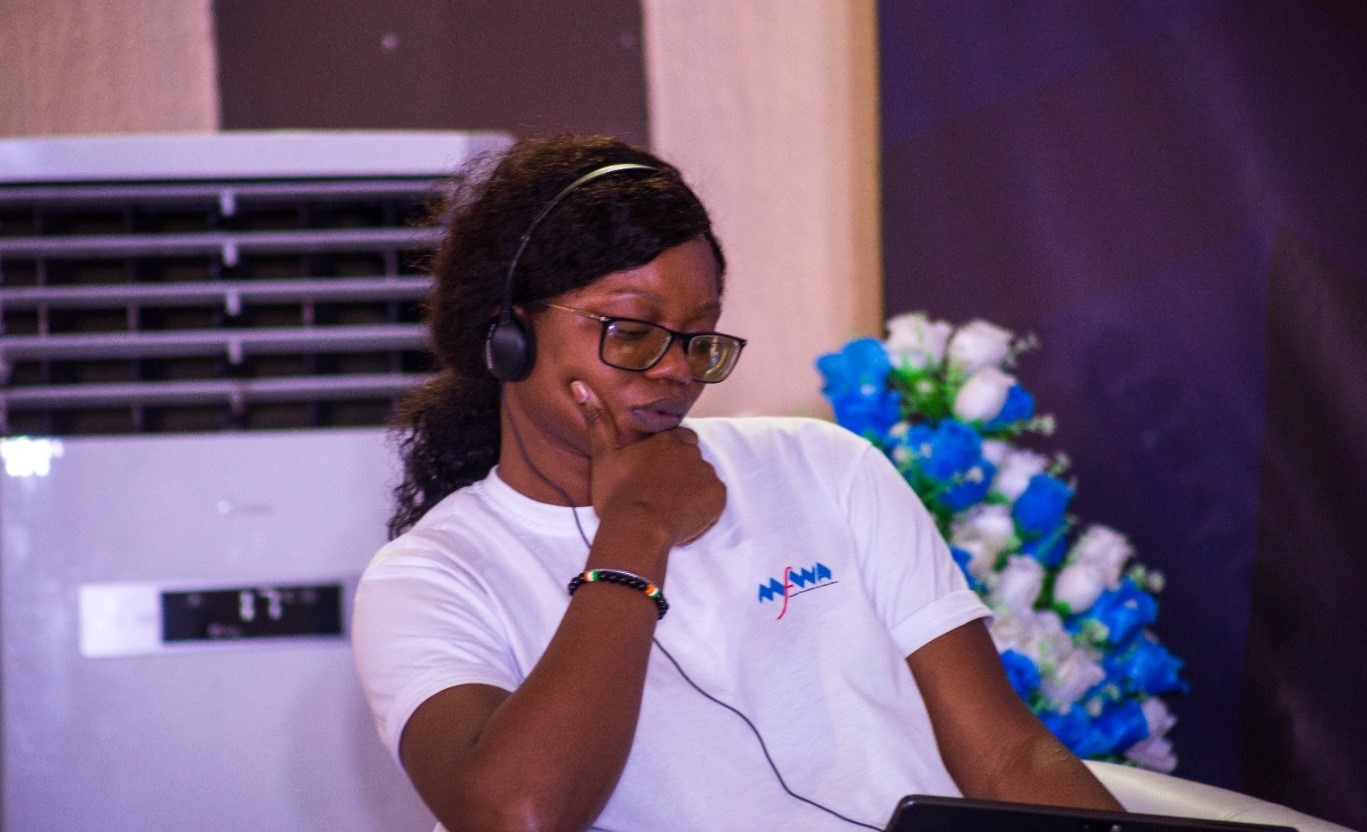
The journalist has also filed other compelling stories, including, “Sénégal: l’apport décisif des nouvelles technologies de séquençage dans la gestion de la santé publique;”- which looks at how sequencing technologies has made it possible to respond to public health crises from better position of knowledge; “Sénégal: de la nécessité d’une infrastructure publique numérique à une inclusion financière sécurisée;” – which recounts how the adoption of digital financial systems and platforms have been innovative and have not truly been beneficial to the people, and “Données ouvertes au Sénégal : produire de la valeur en termes de bonne gouvernance et renforcer la confiance publique;” which advocates the use of open data in Senegal to promote transparency.



